IAEA board adopts anti-Iran resolution sponsored by West
The UN nuclear agency's Board of Governors has adopted a resolution accusing Iran of not cooperating with the International Atomic Energy Agency (IAEA).
The resolution, proposed by the US and its allies, was approved Wednesday with 30 votes in favor, two against and three abstentions.
"The #IAEA BoG adopted resolution on #Iran sponsored by Germany, France, the U.K. and the US. 30 Governors voted in favour, 2 (Russia and China) against and 3 (India, Libya, Pakistan) abstained. Thus countries which represent more than 1/2 of mankind didn’t support the resolution," Russia’s Permanent Representative in Vienna-based International Organizations Mikhail Ulyanov tweeted.
The #IAEA BoG adopted resolution on #Iran sponsored by Germany, France, the U.K. and the US. 30 Governors voted in favour, 2 (Russia and China) against and 3 (India, Libya, Pakistan) abstained. Thus countries which represent more than 1/2 of mankind didn’t support the resolution.
— Mikhail Ulyanov (@Amb_Ulyanov) June 8, 2022
The measure now sets Iran on course to make good on its promise to revise cooperation with the IAEA if the board approved the political resolution issued by Western nations.
Earlier Wednesday, Iran switched off two of the IAEA surveillance cameras which it had voluntarily allowed in a "goodwill gesture".
The Atomic Energy Organization of Iran said the cameras functioned outside the safeguards agreement signed by Tehran. It added that Iran’s agreement to allow the cameras to run was not “appreciated” by the UN agency but considered an “obligation”.
Iran’s nuclear agency spokesman Behrouz Kamalvandi said the Islamic Republic plans to take additional measures. “Other measures are being considered and we hope that they will come to their senses and respond to Iran’s cooperation with cooperation,” he said.
The trigger for the latest Western move was a report issued by the IAEA after its director general Rafael Grossi made a controversial visit to Israel and met the regime's leaders late last month. The agency has been on the receiving end of documents supplied by Israel about Iran's nuclear program, which Tehran has rejected as fake and fabricated by MKO terrorists.
In the new report, the IAEA said it still had questions about traces of enriched uranium previously found at three sites, which Iran had answered before.
Iran’s nuclear organization chief Mohammad Eslami said earlier Wednesday that the Islamic Republic "has no hidden or undocumented nuclear activities or undisclosed sites”.
“These fake documents seek to maintain maximum pressure” on Iran, he added, referring to the draconian economic sanctions reimposed by Washington under former president Donald Trump.
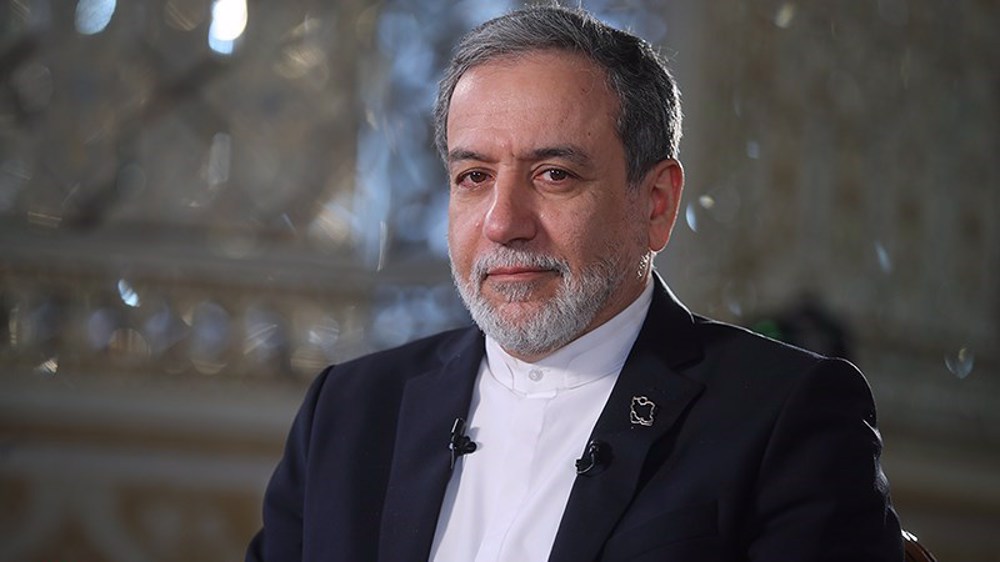
Iran’s FM warns of Israeli attempts to derail diplomacy through various tactics
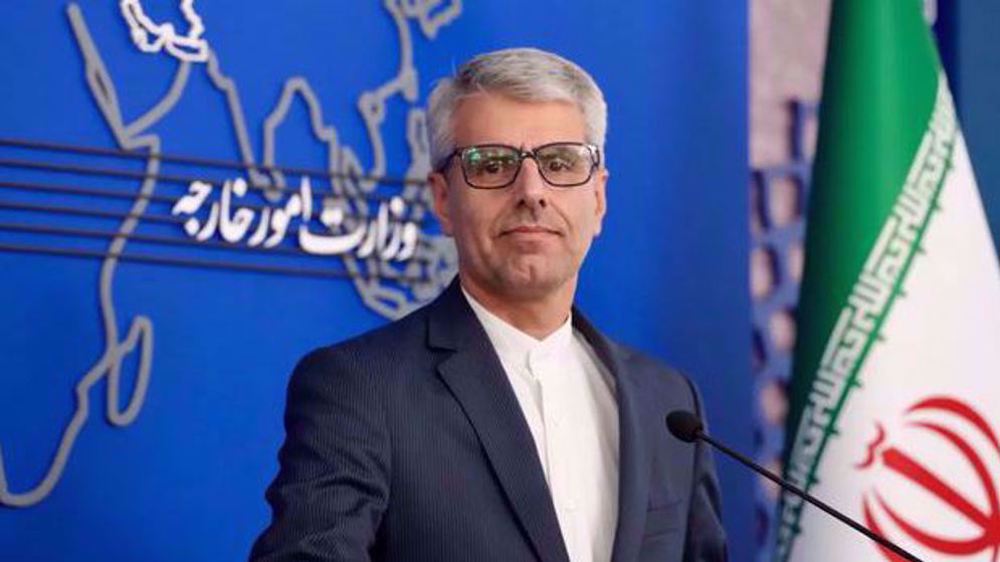
Iran says expert-level talks with US postponed to Saturday
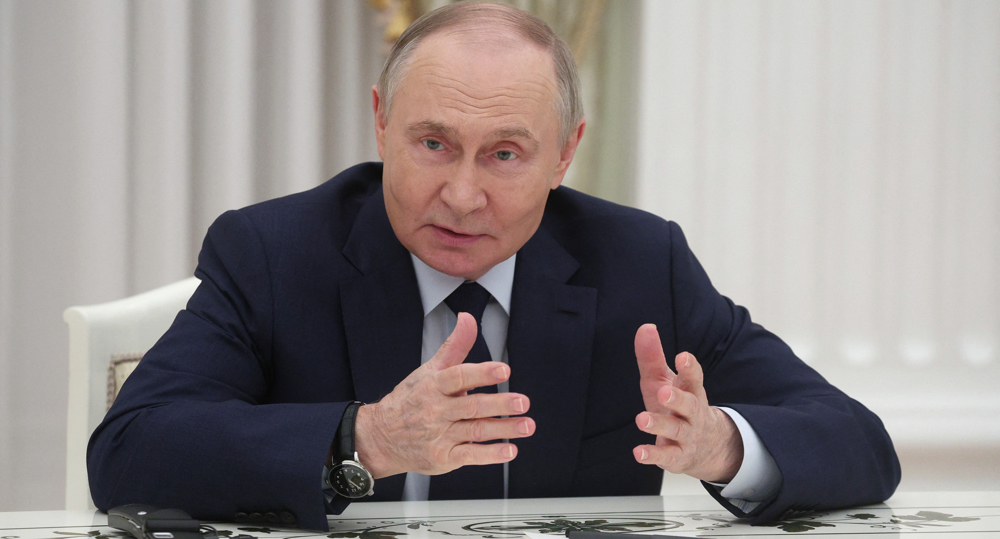
Russia's President Putin ratifies bill for strategic partnership with Iran
Over 100 rabbis, cantors slam Trump for pro-Palestine campus crackdown
Nearly 30 Palestinians killed in fresh Israeli strikes on Gaza
VIDEO | Press TV's news headlines
FBI, local police raid homes of pro-Palestine activists in Michigan
Trump ratings low amid US economic turmoil
VIDEO | Trump tariffs: A wrecking ball!
Israel deprives Gazans of basic needs for ‘survival’: UN
South Africa has no choice but to support resistance against Israel's genocide in Gaza


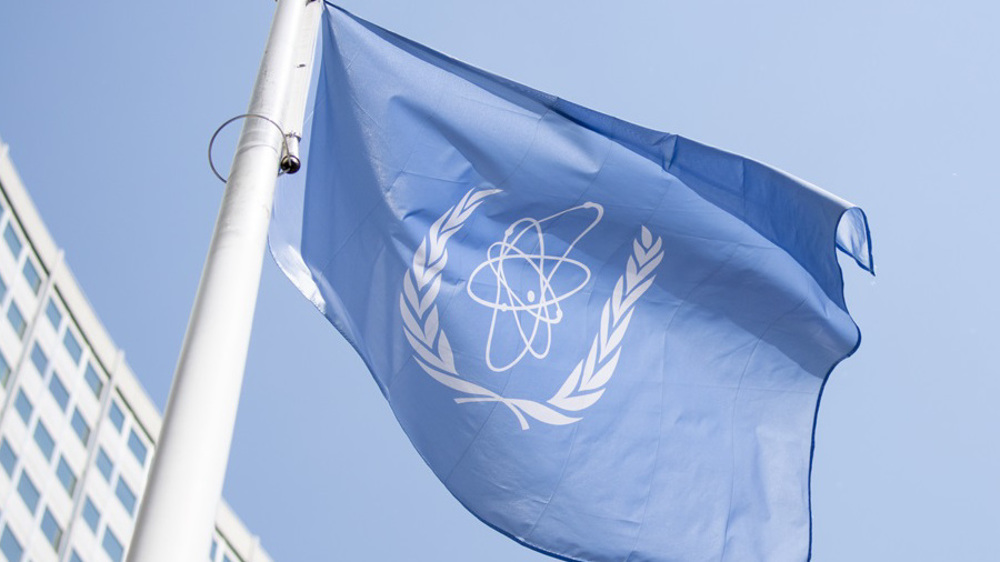
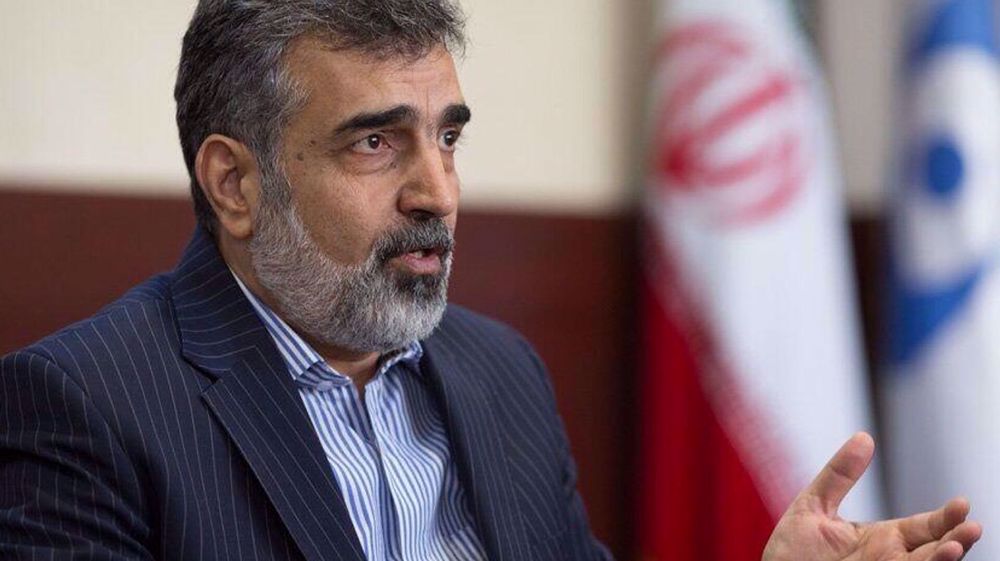



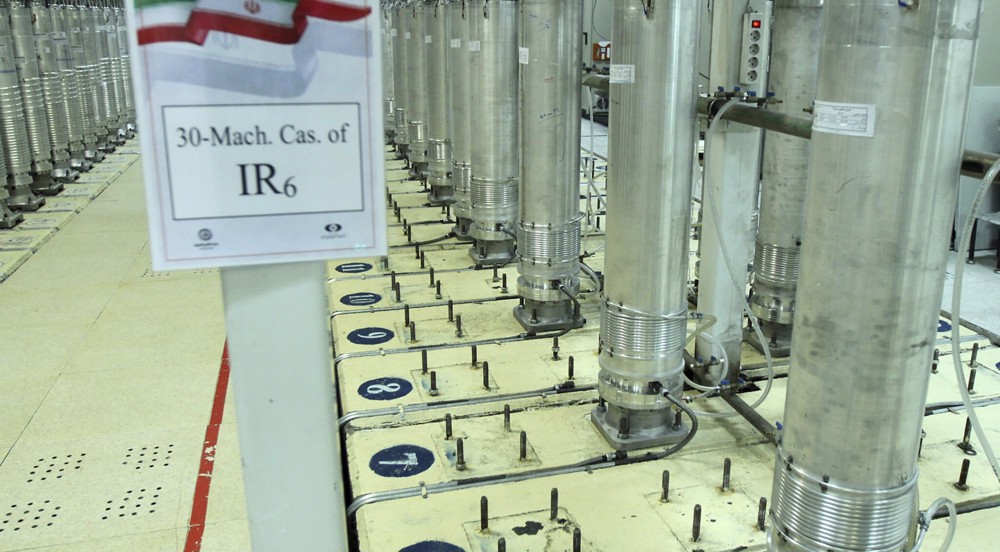
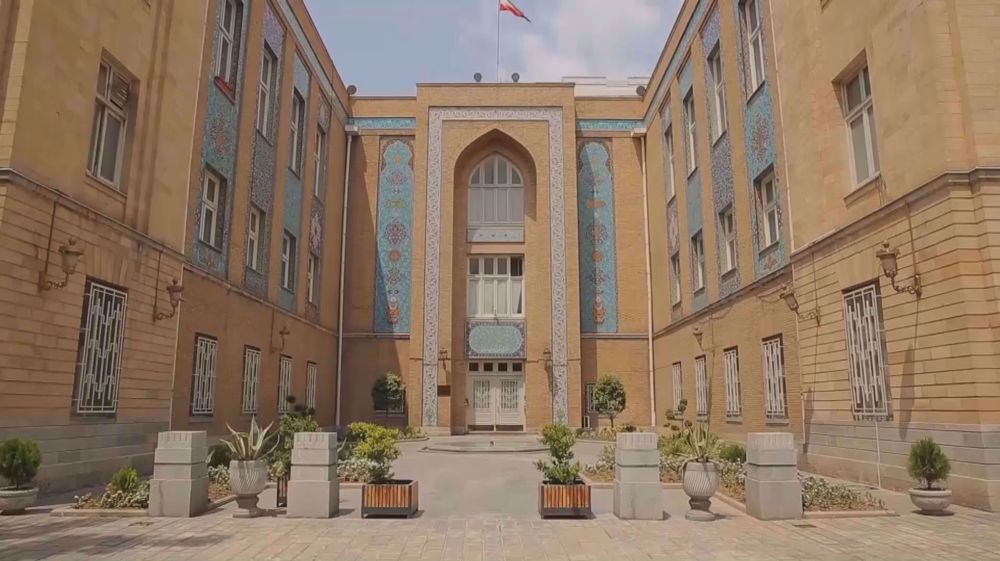

 This makes it easy to access the Press TV website
This makes it easy to access the Press TV website